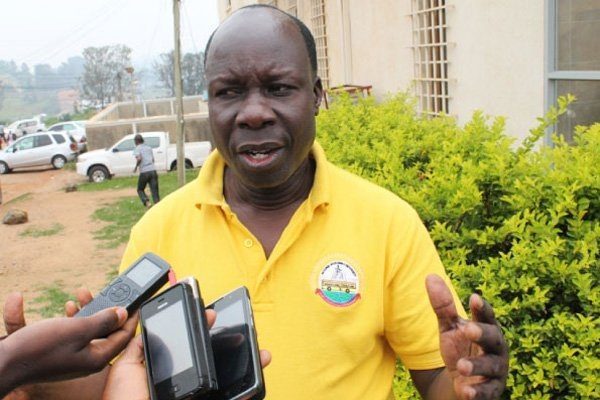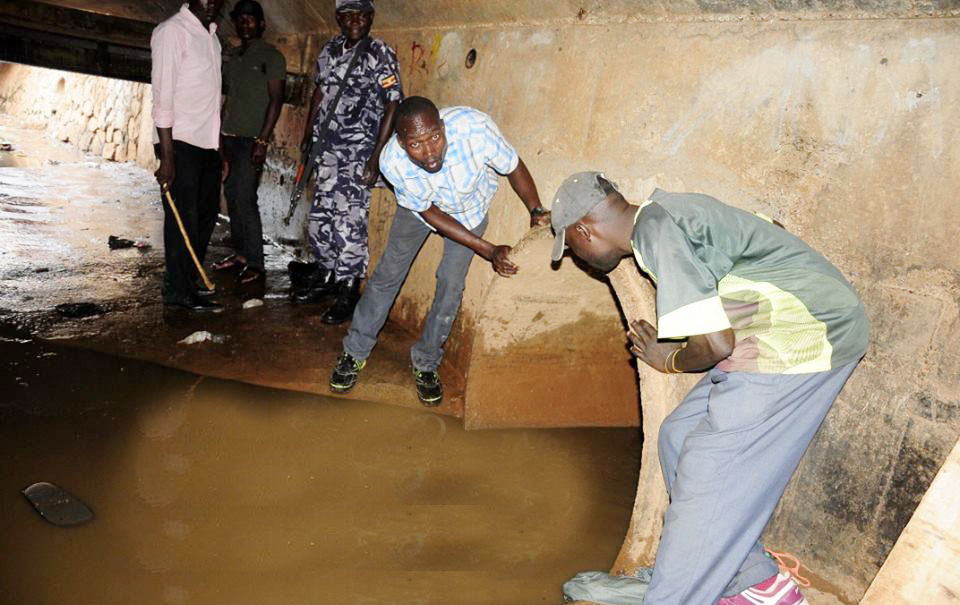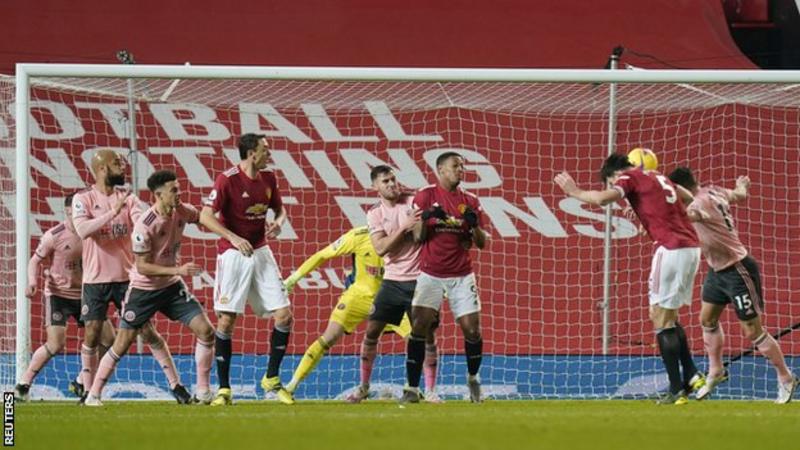Hours after the M23 rebels on Friday grabbed control of a crucial town in North Kivu Province, fighting is still going on in the eastern Democratic Republic of the Congo.
After two days of intense combat between the rebels, the Armed Forces of Democratic Republic of the Congo (FARDC), and the local militia coalition, Mushaki Locality in Bahunde Chiefdom, Masisi area was taken.
Mushaki, which is roughly 37 kilometers west of Goma City, connects the Mufuni-Matanda and Mufuni Karuba groups.
According to Major Willy Ngoma, the military spokesperson, the M23 rebels claimed control of Mushaki late on Friday.
Their objective is to drive the FARDC and militia coalition of the Mai Mai, Nyatura Democratic Forces for the Liberation of Rwanda (FDLR), and Congolese Resistance Fighters/Strike Force (PARECO-FF) out of the nearby centers of Ngungu and Matanda.
The M23 leadership accuses the militia of murdering citizens who resembled members of the Tutsi ethnic group in morphology.
Later on Friday night, Lieutenant-Colonel Guillaume Kaiko Ndjike, a spokesman for the Congolese army in North Kivu Province, acknowledged that the M23 rebels had actually seized Mushaki.
In a statement, Ndjike accused M23 of completely disregarding a ceasefire order issued by regional leaders and rising from the surrounding Mushununu communities to attack FARDC troops in Mushaki early on Friday.
Ndjike adds that rebels have since Thursday taken control of the communities of Kyekire and Kirumbu, located deep within the Bashali Mokoto Groupement and west of Kitchanga Town around the community of Mwesso. They have also reportedly blocked the Sake-Masisi Center Road at Mushaki.
By using attack helicopters, fighter jets, tanks, and other heavy artillery to bomb civilian positions in Kabati, Kishishe, Kitchanga, Ruvunda, Kinigi, Kausa, and surrounding areas under the pretext of attacking M23, the FARDC and the militia coalition are allegedly violating the same cease-fire orders given by heads of state.
According to Kanyuka, M23 had to react in order to silence the heavier weapons.
General Jérôme Chiko Tshitambwe, the deputy chief of general staff for operations and intelligence in the Congolese army, issued a statement early this week assuring the nation that the FARDC will prevail in the conflict.
The lands that Rwanda and the M23 have gained would all be reclaimed, he continued, “without any kind of discussion.
He claimed that the battle broke out while the FARDC was focused on operations in the Ituri province and against the Allied Democratic Forces (ADF).
He warned the populace that the M23, who he claimed were supported by Rwanda, would face consequences for their deeds.
Tshitambwe, who traced the war back to 1997 and the overthrow of long-time ruler Mobutu Sese Seko by rebels, claimed that the people of eastern Congo have not seen peace in 25 years and promised that those guilty will pay a price.
Rwanda is accused by the Congolese government of supporting the M23 rebels in the most recent conflict, which began in March 2022. Yet Rwanda vehemently disputes this.
Rebels assert that they are fighting against corrupt, xenophobic, and discriminatory leadership in the Democratic Republic of the Congo.
During negotiations in Luanda, Angola, in November of last year, the leaders of the East African Community (EAC) decided to end hostilities in eastern Congo.
The M23 rebels were required to leave occupied territory and disarm under the conditions of the ceasefire, which went into effect at 6 p.m. on November 25. In addition, the EAC was required to continue deploying the regional force and resume talks between the DRC and Rwanda.
The M23 rebels refused to sign the deal and insisted time and again on having direct discussions with the DRC government, which it has so far rejected.

















